
Join 10k+ people to get notified about new posts, news and tips.
Do not worry we don't spam!
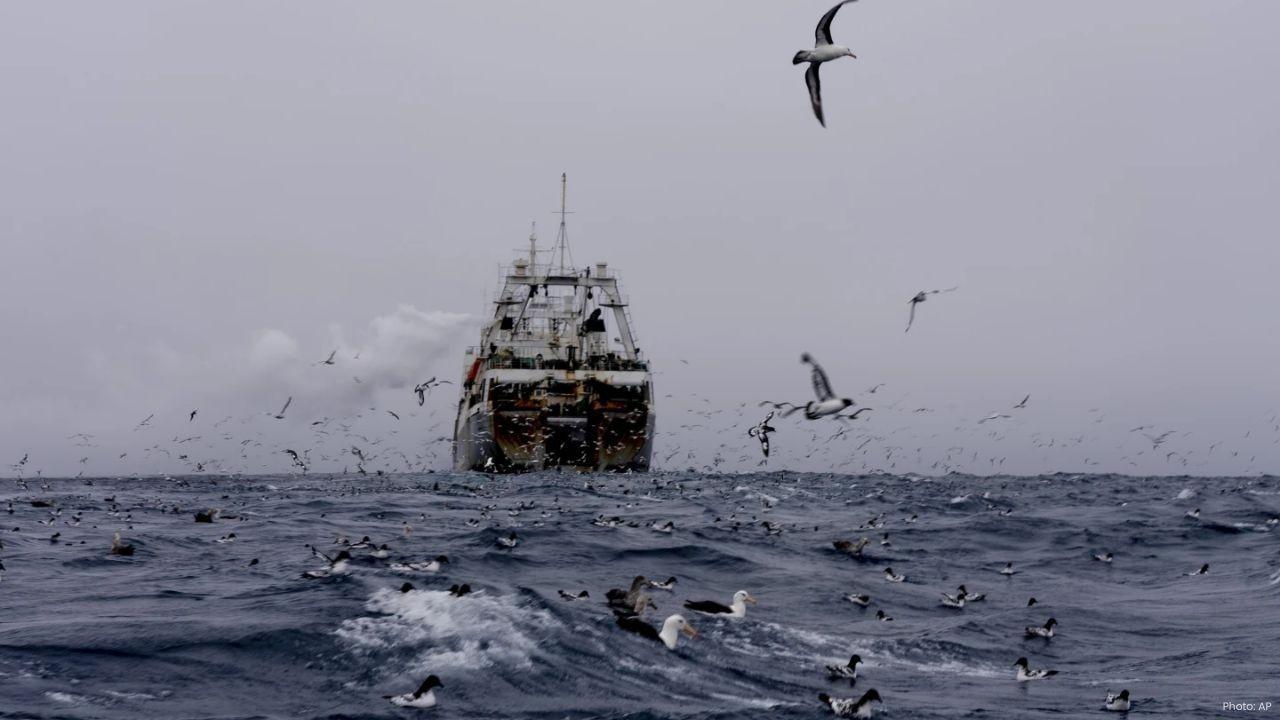
Post by : Raman
The World Trade Organization (WTO) has announced a very important agreement that aims to stop overfishing around the world. Starting Monday, this agreement became active after many years of talks. It asks countries to reduce the money they give to large fishing fleets. The goal is simple: to protect fish and keep the ocean healthy for future generations.
This agreement is a big step for the environment. It is the first time the WTO has focused directly on protecting nature. The main idea is to stop too many fish from being caught, which has been a big problem for many years. As people eat more seafood, fishing has increased, and some fish types are disappearing.
The WTO Agreement on Fisheries Subsidies is a special global deal. Its purpose is to stop harmful fishing practices by limiting the financial help (called subsidies) that governments give to fishing companies.
This agreement became real after four more countries agreed to join: Brazil, Kenya, Tonga, and Vietnam. Now, a total of 112 countries support the deal. This is just over the two-thirds majority needed for the agreement to start.
Important countries like China, the United States, and the European Union (EU) are part of it. But some big countries, like India and Indonesia, have not yet joined.
Overfishing happens when people catch more fish than nature can replace. This causes fish numbers to drop. Experts say about 38% of global fish stocks are overfished today. That means fish are being taken faster than they can grow back.
If too many fish are caught, the ocean becomes less healthy. This is bad for sea life and for millions of people who rely on fishing for food and work.
Without rules, fishing companies keep building bigger ships and using stronger tools. This makes it easier to catch even more fish, creating a dangerous cycle that hurts nature.
The agreement has two important parts:
Phase 1 – Now in Effect:
The first part focuses on stopping subsidies for:
Illegal fishing.
Fishing in areas where fish stocks are already very low.
This means countries cannot help their companies fish in ways that damage the environment.
Phase 2 – Under Discussion:
The second part will target subsidies that help fishing companies build more ships or buy expensive equipment. This is very important because too many ships cause overcapacity, which makes the overfishing problem worse.
Experts believe Phase 2 is key. Without it, overfishing will continue to grow.
The agreement plans to create a “fish fund.” This fund will help poorer countries follow the new rules.
Many small countries rely on fishing for food and money. But they may not have enough resources to change quickly. The fish fund will give financial and technical help to make the transition easier.
The Pew Charitable Trusts, an organization that supports ocean health, said the deal will force countries to stop wasting about $22 billion worldwide on subsidies that harm the oceans.
Oceana, a major ocean conservation group, welcomed the agreement. They said fish numbers have been falling for more than 20 years. Millions of people depend on the ocean for food and jobs.
Rashid Sumaila, an expert in fisheries, said this deal is a good start. But it’s only the beginning. He said:
“Without fish, it’s game over for the hundreds of millions of people who depend on the ocean.”
Sumaila explained that Phase 1 does not solve everything. It just begins the process of stopping harmful fishing. He hopes that Phase 2 will come soon.
The second phase will stop subsidies that encourage overcapacity.
Why is this important?
When companies get help to build more ships or buy better tools, they catch more fish than needed. This drives down the cost of fishing and makes it harder to protect fish populations.
By controlling these subsidies, the WTO hopes to keep fishing at safe levels.
Experts believe the success of Phase 1 will help countries agree on Phase 2. Together, both phases could protect fish and oceans much better.
This agreement is a historic moment for the world. For the first time, the WTO, an organization usually focused on trade, is acting to protect the environment.
With 112 countries on board, the deal has the power to make real change.
But success will depend on:
More countries joining, like India and Indonesia.
Strong enforcement of the new rules.
Helping developing nations apply the rules.
Even though the agreement is a major step forward, many challenges remain.
Enforcement:
Some countries may continue harmful fishing practices, ignoring the rules.
Monitoring Illegal Fishing:
It’s not easy to check what all countries and ships are doing. Strong international cooperation is needed.
Support for Developing Countries:
The fish fund must be strong and helpful. Poor nations rely on fishing for food and money. Without enough help, they may fail to follow the new rules.
This WTO deal is a very important milestone for the planet.
It shows the world is starting to understand that trade and the environment must go together.
The first phase already limits subsidies that help illegal fishing and harm overfished areas. But the second phase is needed to control subsidies that encourage too many ships and tools.
If all countries work together, this agreement could help fish populations grow again and protect marine life for future generations.
It is a big win for the environment and the millions of people who depend on the oceans.
WTO fisheries agreement, stop overfishing, global fish protection, sustainable fishing deal
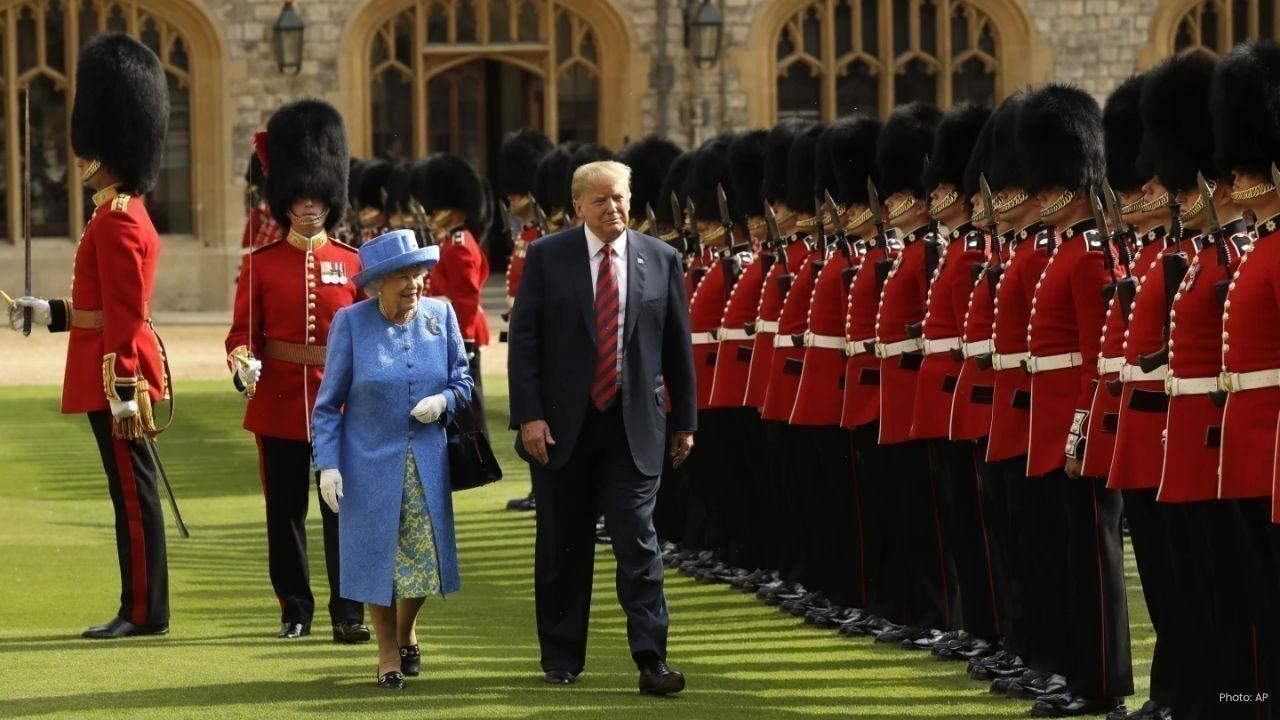


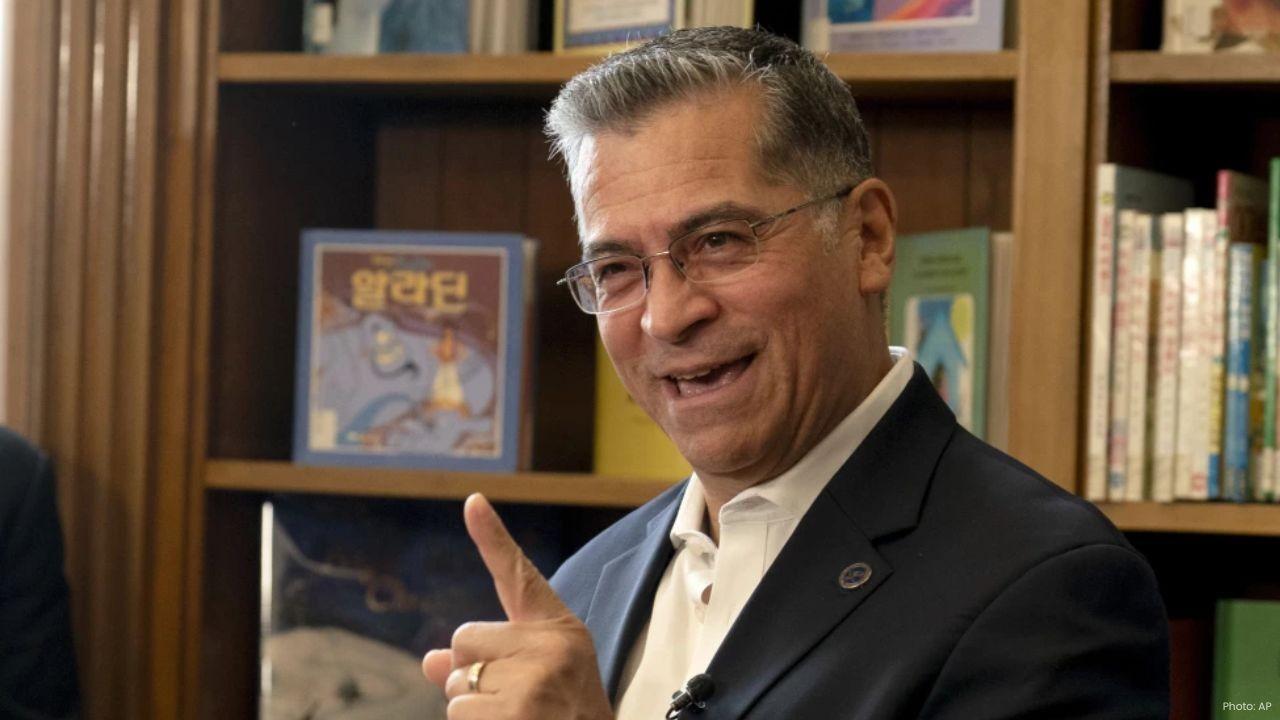






Lily Collins Shines in Glamorous Calvin Klein Look at New York Fashion Week
Lily Collins stuns at NY Fashion Week in a sparkling Calvin Klein co-ord set, blending elegance, gla
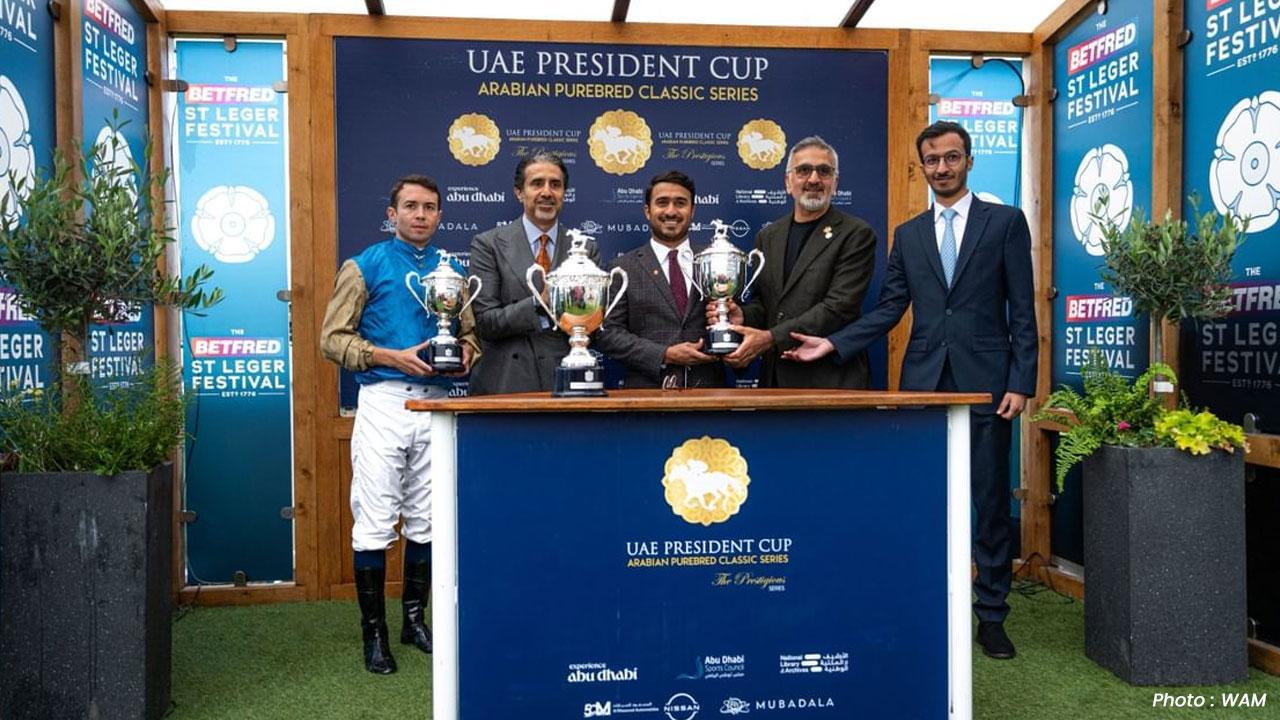
Lippo Di Carrara wins UAE President’s Cup Derby at Doncaster
Lippo De Carrere shines at Doncaster, winning the UAE President’s Cup UK Arabian Derby, the richest

Jaismine Lamboria Wins World Boxing Gold for India
India’s Jaismine Lamboria claimed World Boxing gold, while Nupur Sheoran earned silver and Pooja Ran
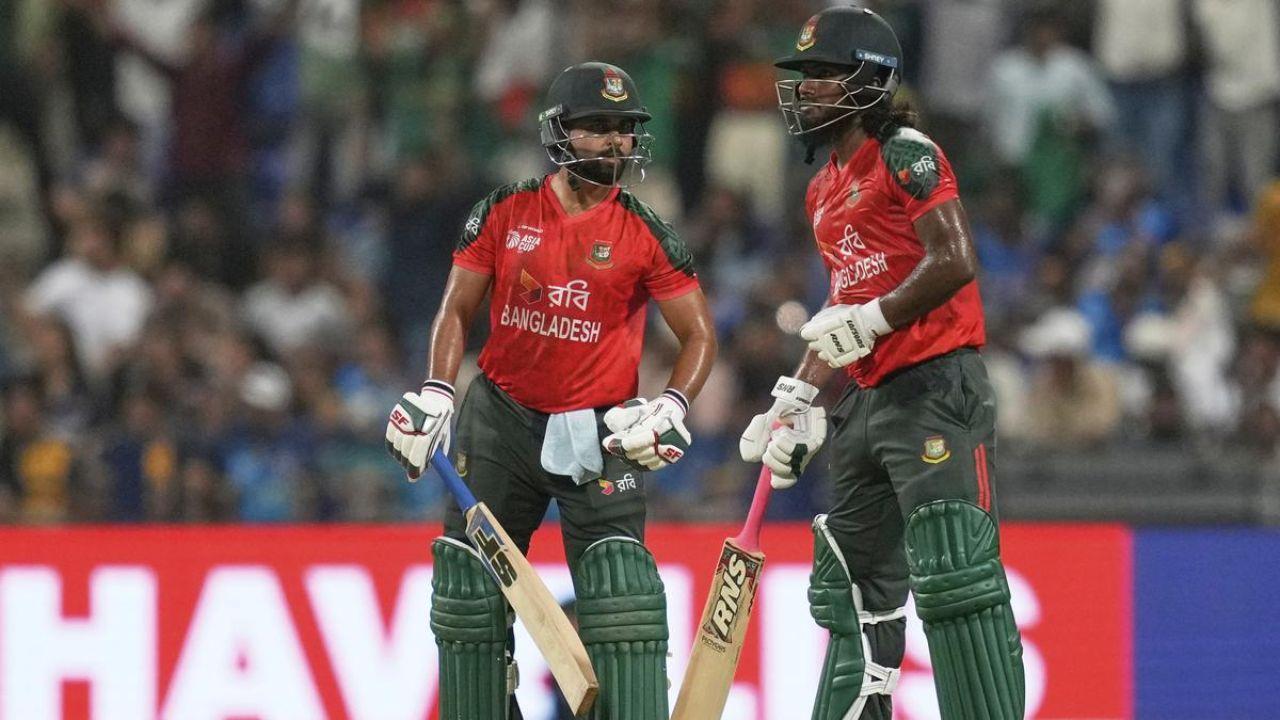
Sri Lanka beat Bangladesh by 6 wickets in Asia Cup 2025 opener
Sri Lanka started their Asia Cup 2025 campaign with a six-wicket win over Bangladesh, powered by Nis
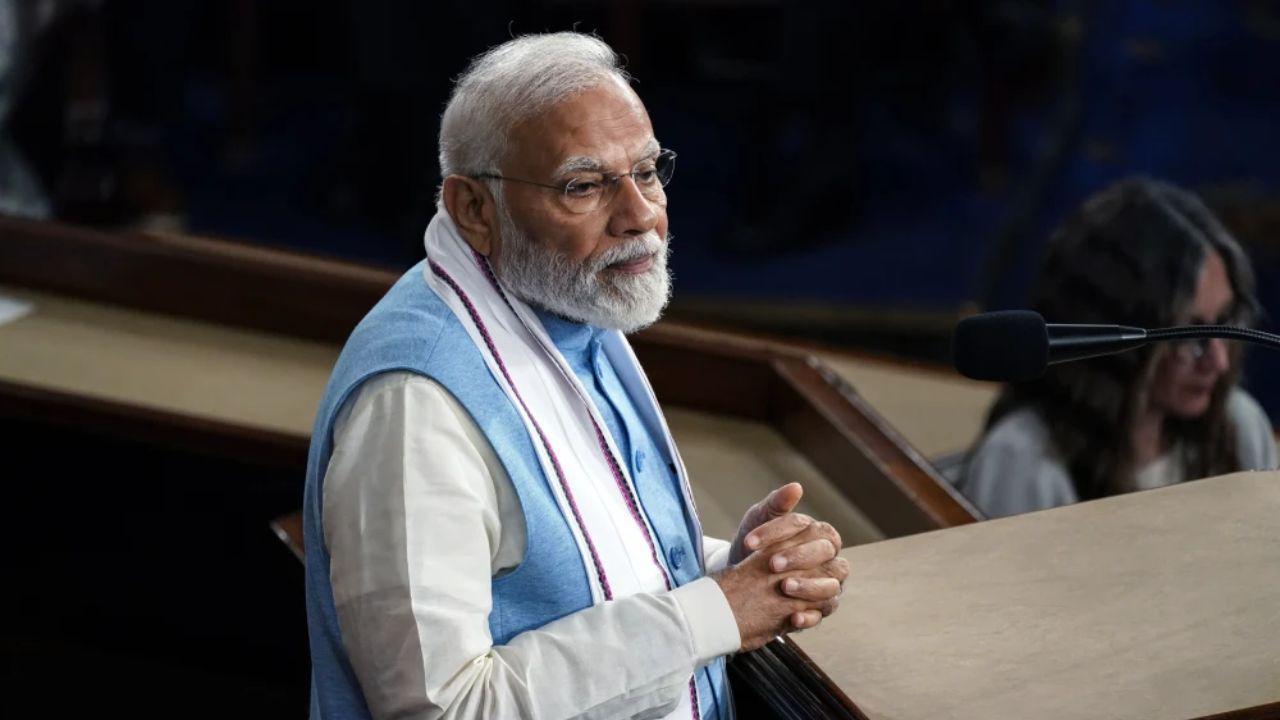
PM Modi Lays ₹6,300 Crore Projects in Assam Criticizes Congress
PM Modi accuses Congress of backing infiltrators, lays ₹6,300 crore health and infrastructure projec
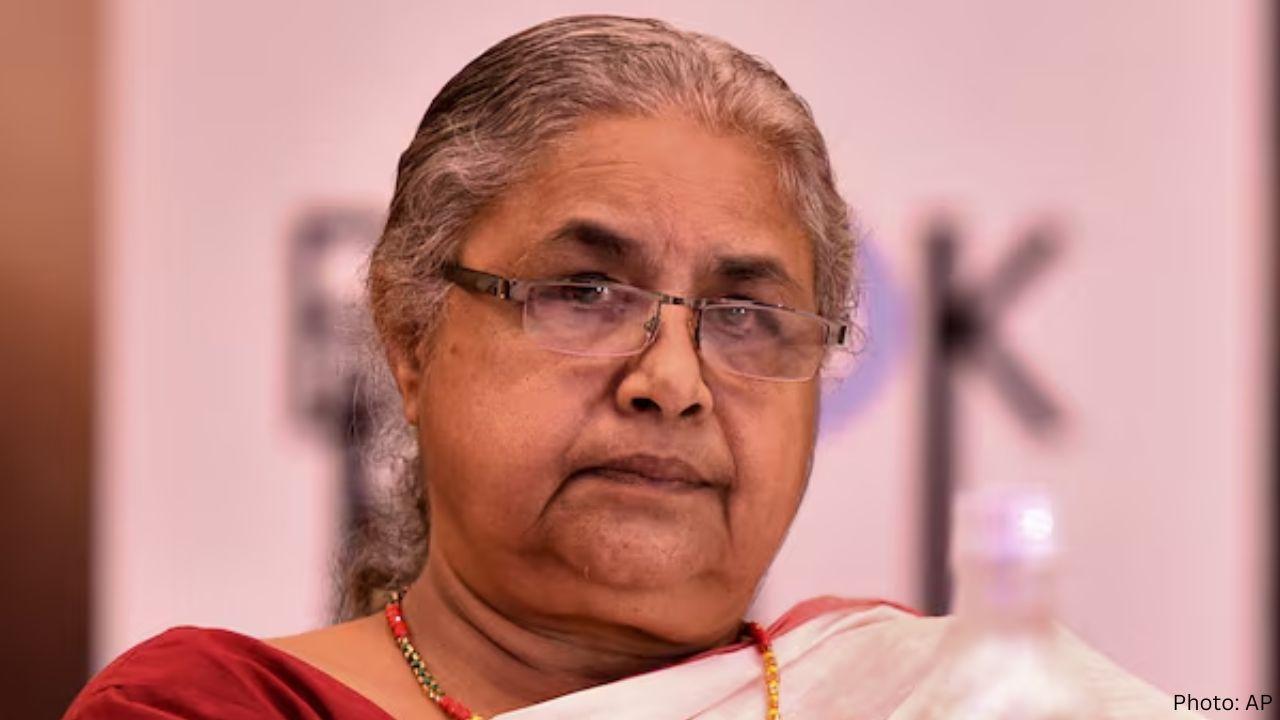
Sushila Karki Becomes Nepal’s First Woman Prime Minister
Eminent jurist Sushila Karki, 73, becomes Nepal’s first woman prime minister after Gen Z protests to